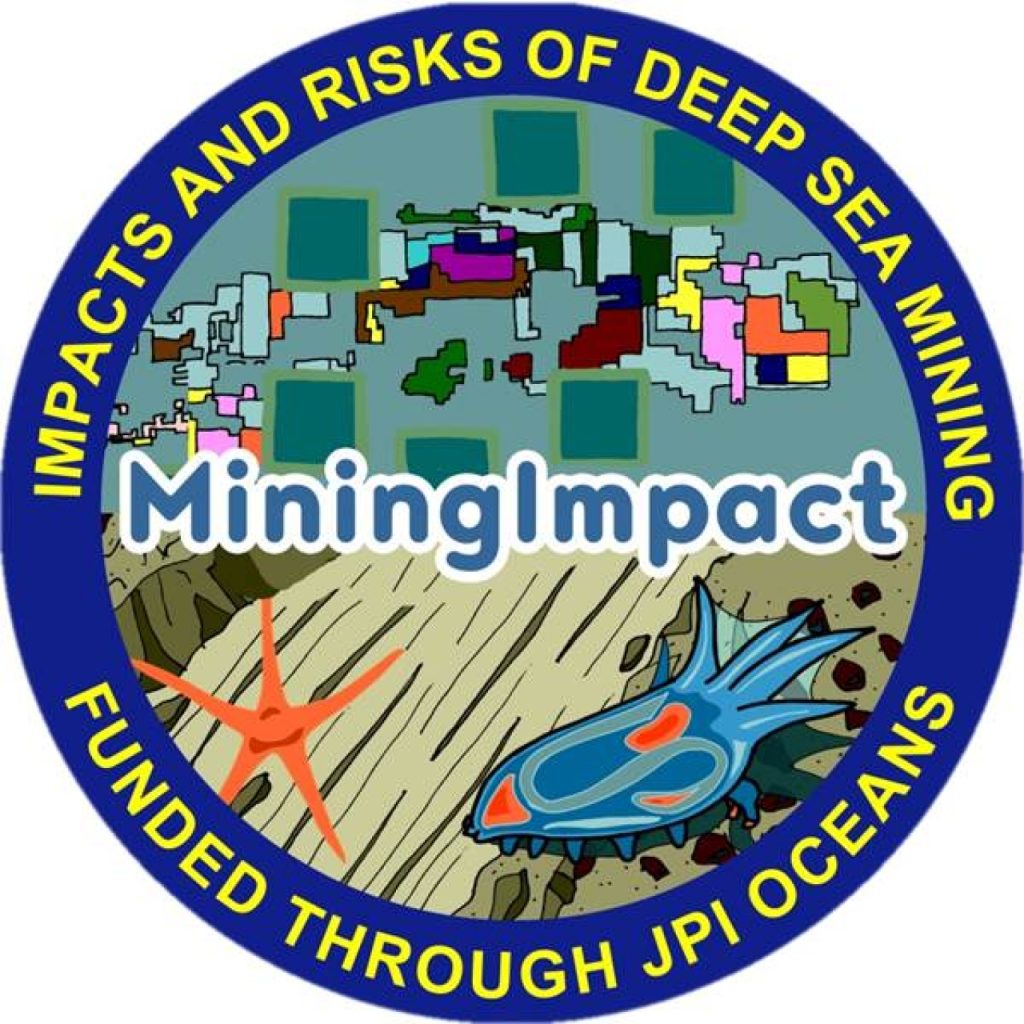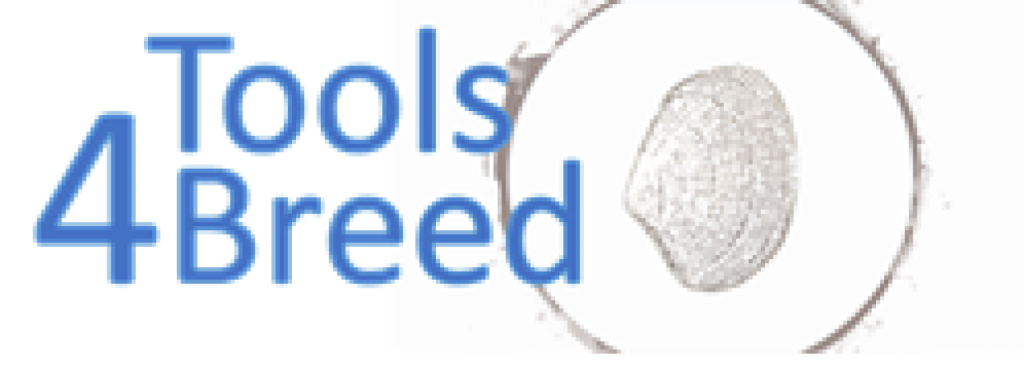As the global population continues to grow, the demand for sustainable protein sources becomes imperative, especially within aquaculture, which plays a vital role in ensuring a consistent supply of high-quality fish for human consumption. Nonetheless, aquaculture faces sustainability challenges, notably outdated feeding practices reliant on overexploited feed ingredients. Insect meals, once authorized as aquafeed ingredients in the European Union (EU) in 2017, have evolved into a well-established and stable protein source due to enhanced quality and a balanced nutritional profile. However, a notable limitation remains in current production methods, which exclusively target larvae and pre-pupae stages. Adult insects, despite their nutritional value, are solely maintained for reproduction and disposed of once their life cycle ends. The main hindrance lies in the massive chitin content (20-30%) of adult insects that impairs dietary absorption of nutrients, including protein.
Based on circular economy, the valorisation of insect adults—the primary biological waste of insect meal production—emerges as a priority for obtaining value-added products. Tenebrio molitor, among the EU-approved edible insects, stands out as one of the most used insect meals for aquafeeds. This acknowledgment offers an opportunity to address the challenges posed by the exclusive focus on larvae and pre-pupae stages in current insect meal production methods.
Nonetheless, valorisation of T. molitor adults may rely on a circular approach based on sustainable and cost-effective methods. Natural deep eutectic solvents (NADES) and physical treatments (ultrasound- and microwaves-assisted extractions, UAE/MAE) are green procedures that can be synergistically used to separate protein and chitin from adult insects (1st stage), originating peptide-enriched protein hydrolysates. The protein hydrolysates are often highly digestible and enriched in bioactive properties, which may improve fish growth and nutrient utilization when included in diets. Also, the same eco-saving approach can be used to convert chitin in chitosan (2nd stage), which can be used to encapsulate the protein hydrolysates, conferring protective properties. Therefore, 2 types of products may be obtained and used synergistically to improve the fish diets: 1) protein hydrolysates and 2) chitosan, which will be used to encapsulate the protein hydrolysates. The nutritional and bioactive advantages of both products will be assessed, at first, using ex vivo assays and, with those results, carrying out an in vivo trial in European seabass post-larvae.
This project will valorise T. molitor adults, creating functional ingredients for aquafeeds and tackling sustainability issues of both insects and fish farming. This proposal aims 1) carry out sequential extractions (UAE/MAE and NADES) in T. molitor adults, creating different products with high industrial value (protein and chitin); 2) convert chitin in chitosan resorting to green methods (NADES, chitin deacetylases); 3) encapsulate protein with chitosan; 4) test the novel ingredients in diets for European seabass post-larvae using ex vivo and in vivo trials.
The assembled team of this project involves researchers with multidisciplinary skills, fostering collaborative efforts that have already yielded substantial outcomes, including 15 publications, 16 oral and 14 poster communications and the mentorship of 4 MSc and 6 PhD students. This proposal gains strength from the team’s extensive expertise. The proficiency in developing innovative valorisation pathways for insect biomass to derive value-added products, led by HF, JMS and JMD is complemented by a broad understanding of various aspects of fish nutrition and exploration of novel strategies to improve fish performance as demonstrated by HP, SM, and HF. The PI plays a pivotal role, with knowledge on different processes to valorise diverse biomasses (insects, agro-by-products, algae, lignocellulosic hydrolysates). The PI’s expertise extends to the development of novel additives for animal diets and the execution of in vitro and in vivo trials in fish. The team’s commitment, resilience, and dynamism ensure the active pursuit and dedication to achieving the project’s objectives. This collective effort aims to address the challenges associated with the exploratory nature of this research, ultimately enhancing the competitiveness and sustainability of both insect and aquaculture industries. The successful development of this project will ensure obtaining novel feed ingredients for fish, representing a pivotal role stride toward enhancing feed production efficiency. The outcomes will be disseminated through various channels, increasing the awareness of the benefits of academy and industry synergisms. This approach will positively impact the competitiveness of European insect and aquaculture productions and the blue economy, is fully aligned with the UN 2030 SDGs and will favour the overall society.










